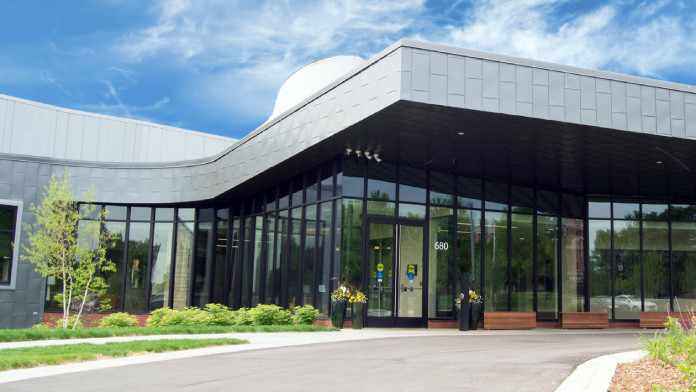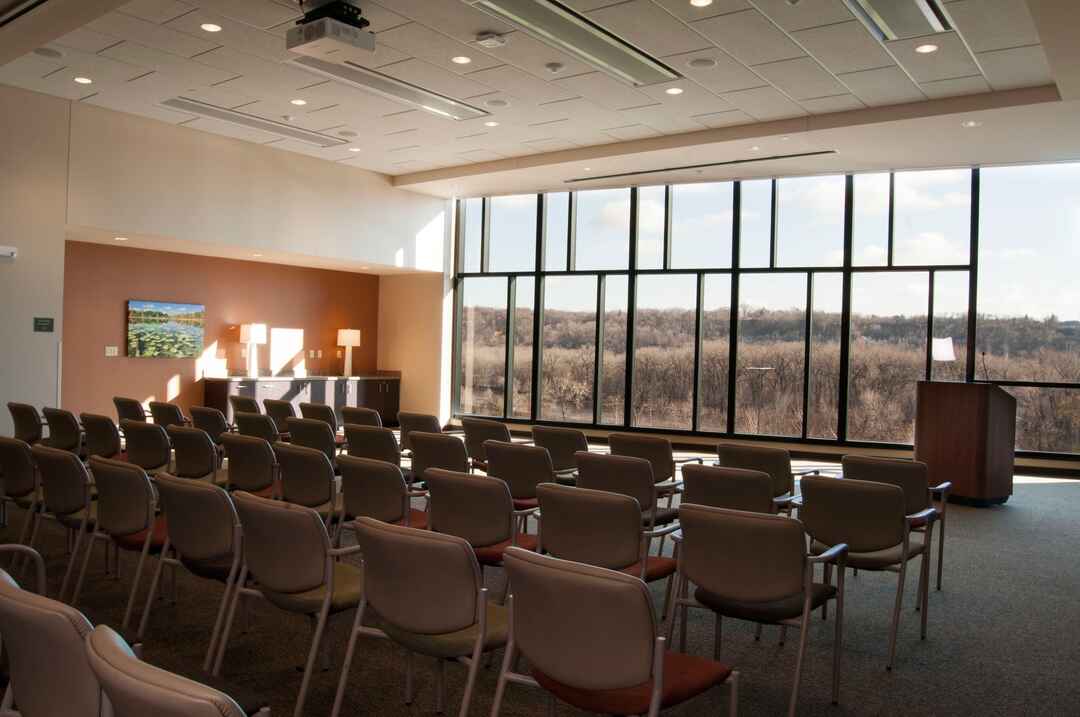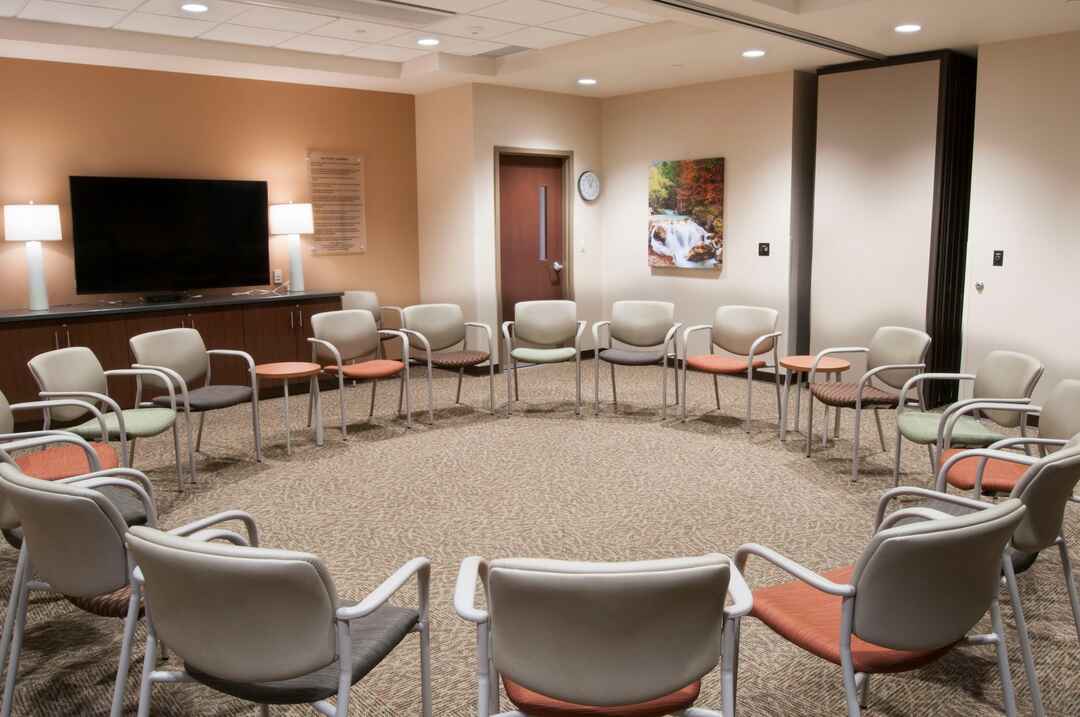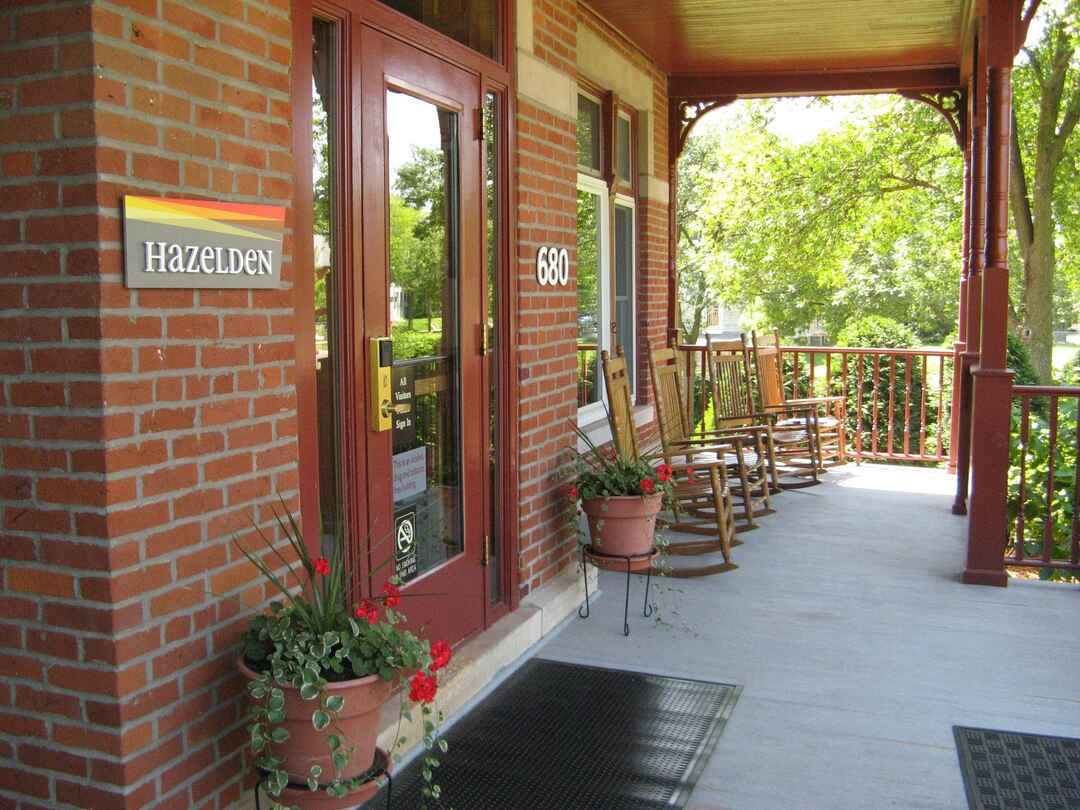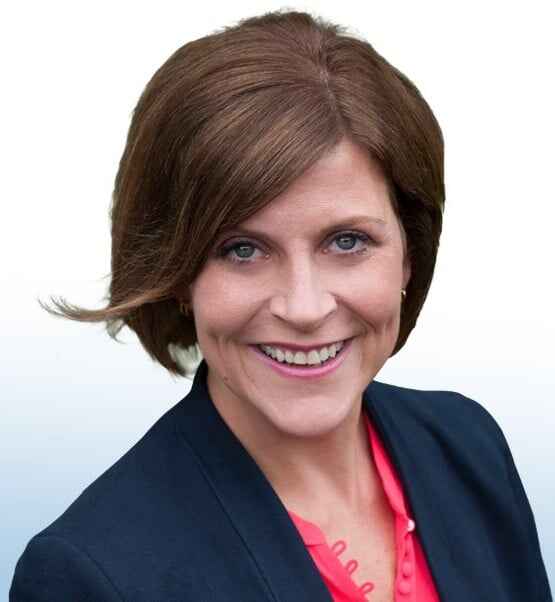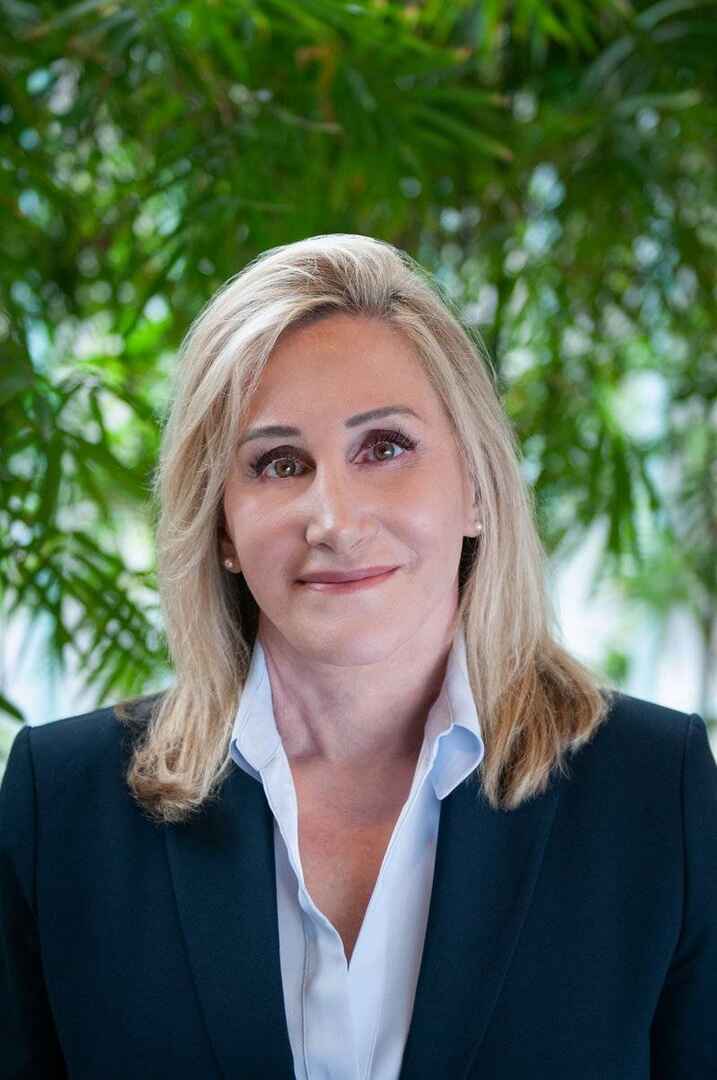About Hazelden Betty Ford Foundation – Saint Paul
Hazelden Betty Ford Foundation in Saint Paul, Minnesota, offers personalized care for adults affected by substance misuse and co-occurring disorders. Their outpatient treatment (OP) options include day treatment (PHP), an intensive outpatient (IOP), and low intensity outpatient (OP) therapy. These programs are great if you’ve mild to moderate substance misuse issues or are moving from inpatient care. They primarily involve individual counseling, group therapy and educational activities.
Individual counseling with a licensed therapist helps you resolve personal issues and set recovery goals. Your therapist will monitor progress and provide recovery support as necessary. Their group therapy draws from clinically proven models like dialectical behavioral therapy (DBT). This helps you tackle negative emotions that trigger substance misuse. The goal is to equip you with the knowledge, skills and resources needed to overcome substance misuse.
Through group interactions and discussions you’ll learn vital skills like anger/stress management, effective communication and solving problems. Group therapy also promotes community support and healthy relationship building. These are important for building strong coping mechanisms, preventing relapse and staying sober.
They may offer family therapy to strengthen your support network through improved communication with loved ones. The programs also incorporate 12 Steps and medication assisted treatment (MAT). The latter uses counseling alongside meds approved by the FDA to support opioids addiction recovery.
Their various outpatient treatment options involve different therapeutic intensities and structures. You can move from more frequent and intense therapy to less as you build skills and confidence to manage your recovery. The day treatment involves five to six hours of daily group sessions for four to five days weekly. It is their highest level of outpatient care if you require considerable support to overcome your substance misuse.
Their intensive outpatient program runs three to four days a week and includes group and individual sessions. They offer specialty programs for LGBTQ+, male/female identifying and those with opioid use disorder. You can expect up to nine hours of weekly group sessions in this program. This makes it a great choice if you want moderate levels of support.
Low intensity outpatient care can be a good fit if you require less frequent clinical care for mild addictive behavior. It involves weekly group sessions and monthly individual counseling. The cool thing about these programs is that sessions are designed to fit your schedule. So you can maintain your work and daily family obligations while receiving treatment. This makes for flexibility and convenience.
